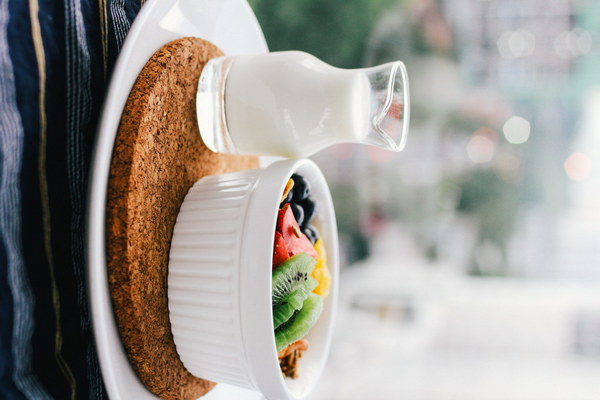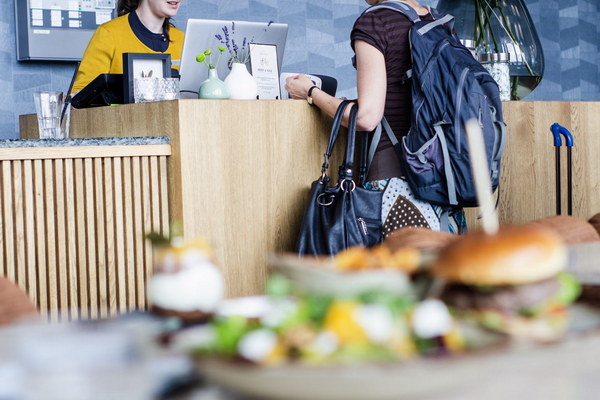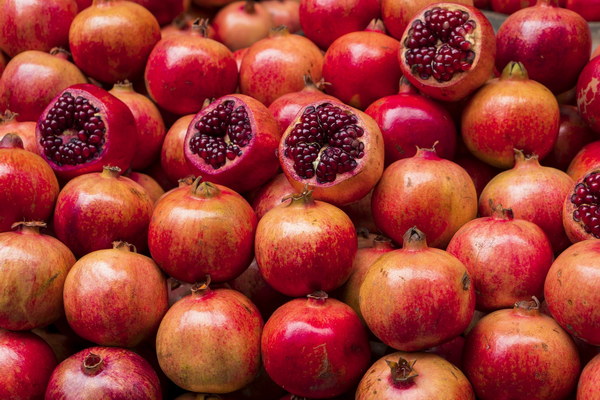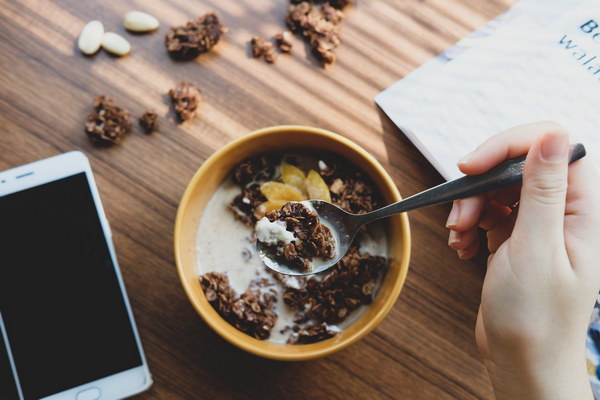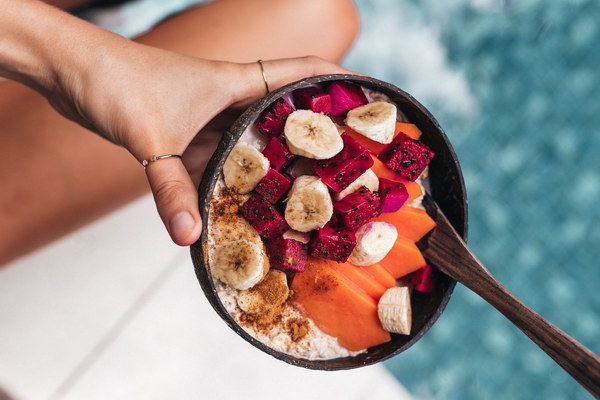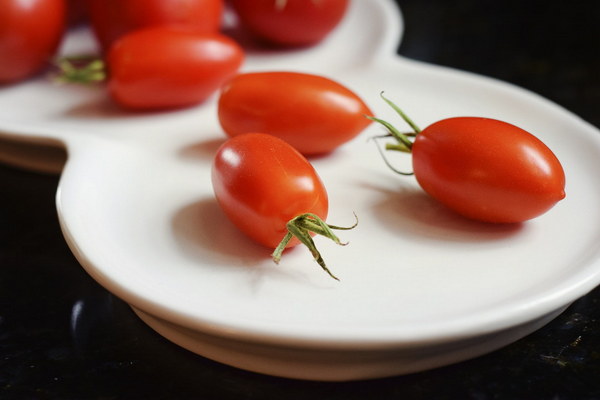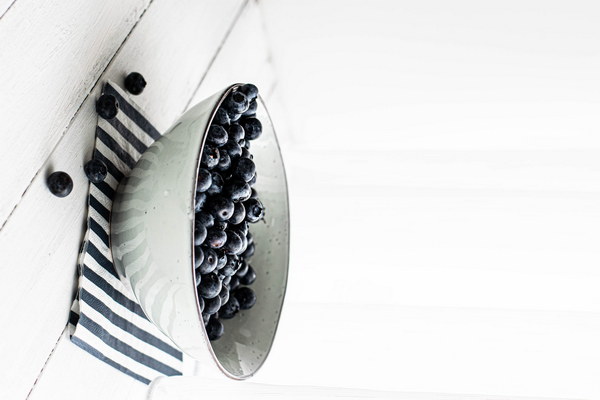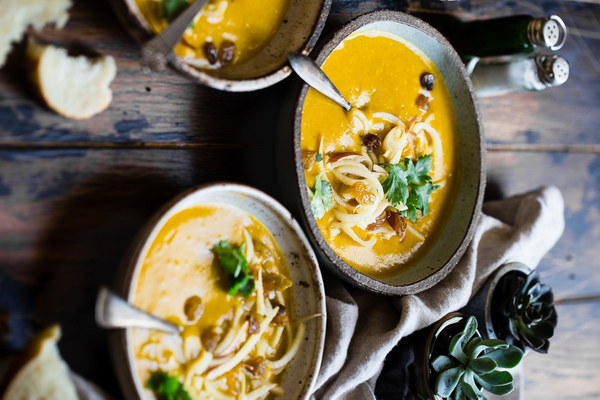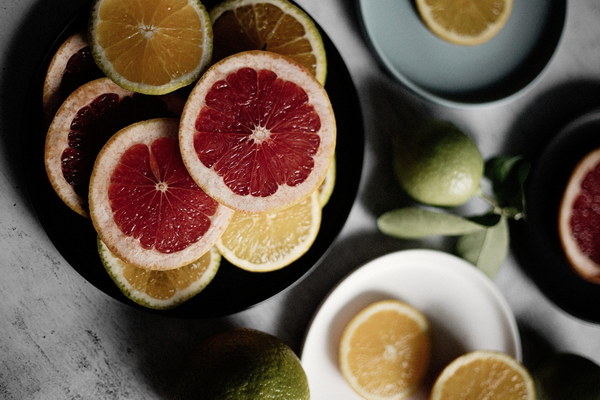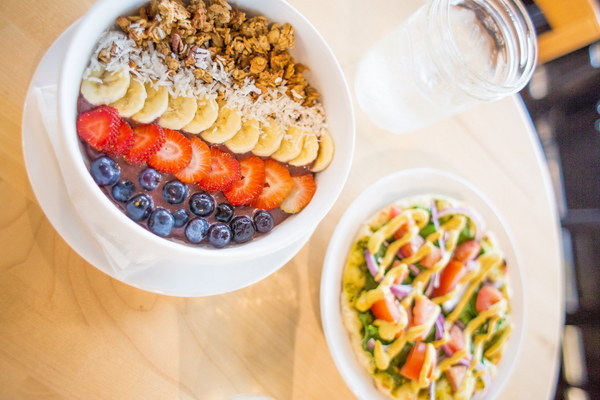Top Foods for Elderly to Boost Qi and Blood A Comprehensive Guide
As we age, our bodies undergo various changes that can affect our overall health, including our energy levels and blood circulation. To maintain vitality and well-being in the golden years, it's essential for the elderly to consume foods that can help boost their Qi (vital energy) and blood. Here's a comprehensive guide to the best foods for the elderly to consider incorporating into their diets.
1. Red meats: High in iron and protein, red meats such as beef, lamb, and pork are excellent choices for elderly individuals. The iron in red meat helps to prevent anemia, which can cause fatigue and weakness. Including lean cuts of red meat in the diet can help to maintain healthy blood levels.
2. Leafy green vegetables: Foods like spinach, kale, and collard greens are rich in iron, calcium, and vitamin K, which are all essential for maintaining healthy blood and bone density. These nutrients help to prevent anemia and ensure proper blood clotting.
3. Dried fruits: Raisins, prunes, and dates are excellent sources of iron and are also easy to digest, making them ideal for the elderly. These fruits also contain natural sugars and fiber, which can provide a quick energy boost and help to maintain regular bowel movements.

4. Nuts and seeds: Almonds, walnuts, sunflower seeds, and chia seeds are all great sources of iron, zinc, and omega-3 fatty acids. These nutrients support the production of red blood cells and promote overall cardiovascular health.
5. Beans and lentils: Legumes such as black beans, kidney beans, and lentils are high in iron, fiber, and protein. They also contain folic acid, which is essential for red blood cell production and can help prevent anemia.
6. Whole grains: Foods like brown rice, quinoa, and oatmeal are rich in B vitamins, particularly folate, which is crucial for red blood cell formation. These grains also provide sustained energy and fiber, which can help with digestion and prevent constipation.
7. Soy products: Tofu, tempeh, and edamame are great sources of iron and protein for individuals who follow a vegetarian or vegan diet. These products also contain isoflavones, which have been shown to support bone health and may help to reduce the risk of osteoporosis.
8. Fruits: Fruits like strawberries, blueberries, and cherries are not only delicious but also rich in antioxidants that can help to protect the body's cells from damage. They also contain vitamin C, which enhances the absorption of iron from other foods.
9. Herbs and spices: Herbs like thyme, oregano, and turmeric contain iron and vitamin K, which are essential for blood health. Spices like ginger and cinnamon can help improve circulation and reduce inflammation, which can contribute to better overall health.
10. Blackstrap molasses: This natural sweetener is rich in iron, calcium, and vitamin B6. It's an excellent addition to oatmeal, smoothies, or yogurt, and can help to boost the elderly's iron levels and support their overall health.
Incorporating these foods into the elderly's diet can help to maintain healthy blood and Qi levels, leading to increased energy, improved cognitive function, and a higher quality of life. However, it's important to remember that individual dietary needs may vary, so consulting with a healthcare professional or a registered dietitian is always recommended before making significant changes to one's diet.
